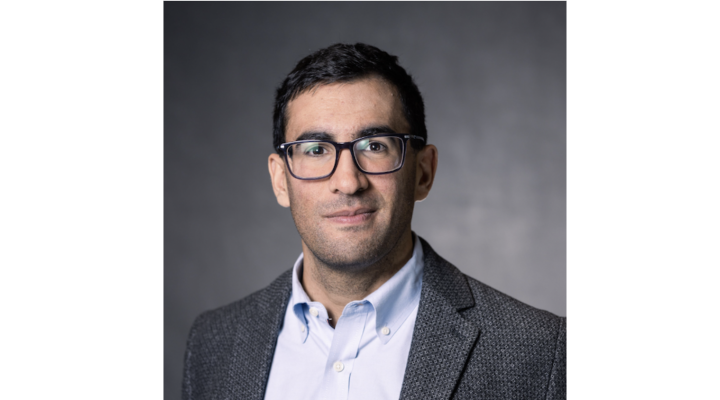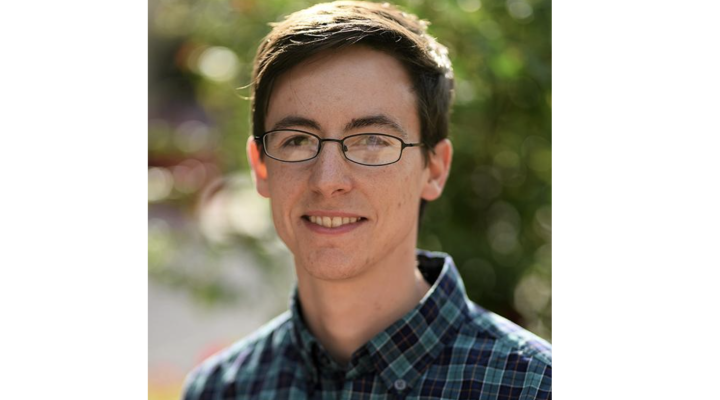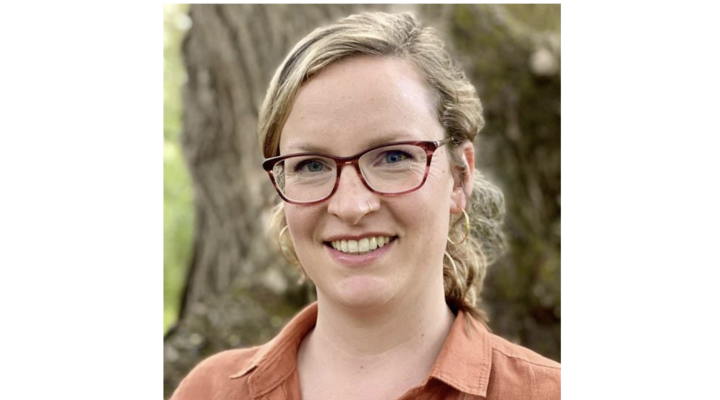Rachit Agarwal started at Cornell in the fall of 2016 as an assistant professor in the Department of Computer Science. His research interests are in systems. “My PhD advisors once told me ‘work on problems that excite you’,” says Agarwal. “The kind of problems I tend to get excited about are the ones that force us to fundamentally rethink the basics—often they raise as many questions as they answer. Solving these problems often requires searching for solutions at the intersection of systems, networks and theory.”
Agarwal earned his undergraduate degree at the Kanpur campus of the Indian Institute of Technology (IIT). During his undergraduate studies, he spent a summer at Fraunhofer Institute for Integrated Circuits in Germany where he got his first taste of actual research. “I loved it,” says Agarwal. “My advisor there presented to me a big problem and told me ‘now go solve it.’ It was a very open-ended problem and of course I did not solve it that summer. But I enjoyed the challenge!”
Rachit went to the University of Illinois at Urbana-Champaign for his Ph.D., where he worked with Brighten Godfrey and Matt Caesar, a pair he describes as a “super awesome duo”. He then took a postdoctoral researcher position at UC Berkeley where he worked with Ion Stoica. At UC Berkeley, Agarwal led the Succinct project, which enables a wide range of queries directly on compressed data. “Solid state drives (SSDs) are still one hundred times slower than memory. With Succinct, applications can keep more data in memory and avoid the performance degradation of using SSDs for a much larger range of input sizes”, says Agarwal enthusiastically. “Succinct is open-sourced and is already being deployed at several large companies. It feels amazing to be able to take a fundamental problem, produce an interesting result and complete the cycle by having impact on industry products within the same project.”
At Cornell, Agarwal is kick-starting a number of new directions. A particular area of interest for Rachit is design of next-generation computing systems. “Increasingly many users utilize web services for day-to-day tasks: Google, Facebook, Twitter, Yelp, Uber, etc. The demand on hardware and software systems that run these services continues to increase at an unprecedented rate. If such a growth continues, we will need fundamentally new approaches to meet the demand,” says Agarwal. “This requires innovation in each of hardware, operating systems, networks, and algorithms.”
Another question Agarwal is exploring involves tools and techniques for real-time monitoring, debugging and verification of large operational networks. “Modern networks are complex with hundreds of terabytes (one terabyte is a thousand gigabyte) of traffic flowing through thousands of devices in one second. The holy grail in this direction is to be able to argue about the performance and security of each and every packet, and each and every network device. It is a challenging problem, but there is no reason why we shouldn’t be able to solve it,” Agarwal says.
“What really ties all of my work together are the dual goals of having an impact and of building systems that have a strong theoretical foundation.” Agarwal decided to become an academic researcher rather than joining industry despite his focus on real-world problems because he wants to solve these problems from a more fundamental perspective. Sometimes this may require thinking about impact in a slightly longer timeline than those targeted by industry. “I have the best of all worlds in my areas of research because people in my field are able to have real-world impact to the same extent as industrial researchers.”
In the spring, Agarwal will be teaching a new graduate class on systems that he is creating from scratch. Agarwal spends his free time in Ithaca learning to fly planes, and he is hoping to get a pilot license within a few years.




